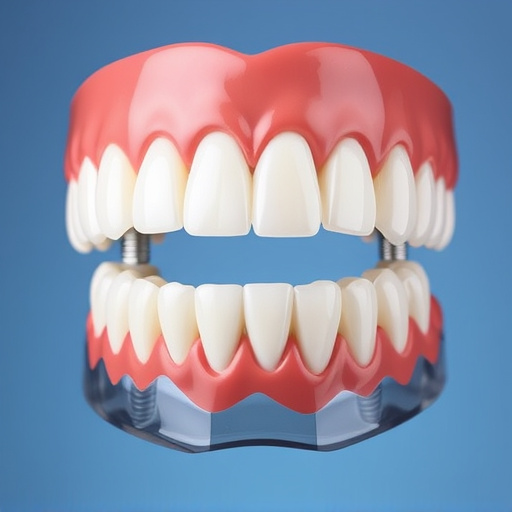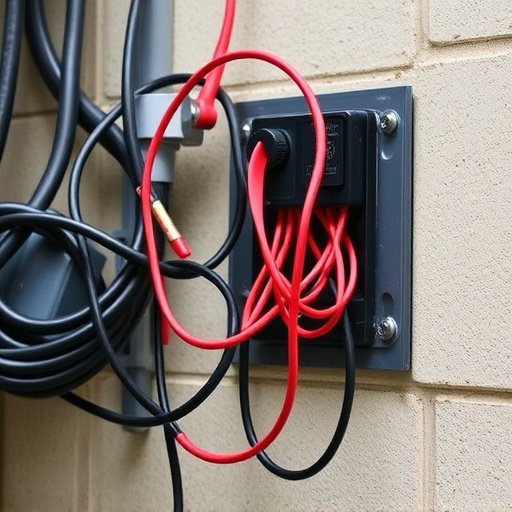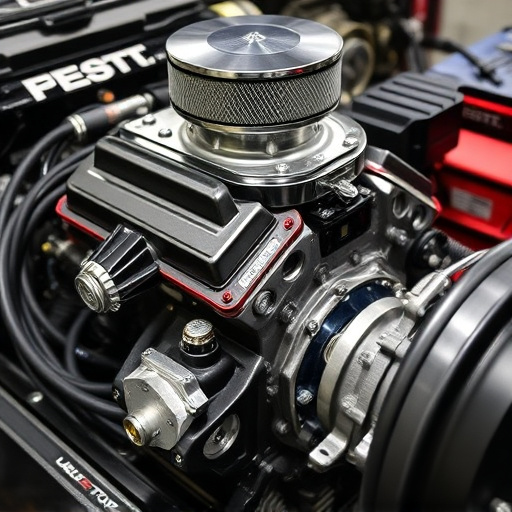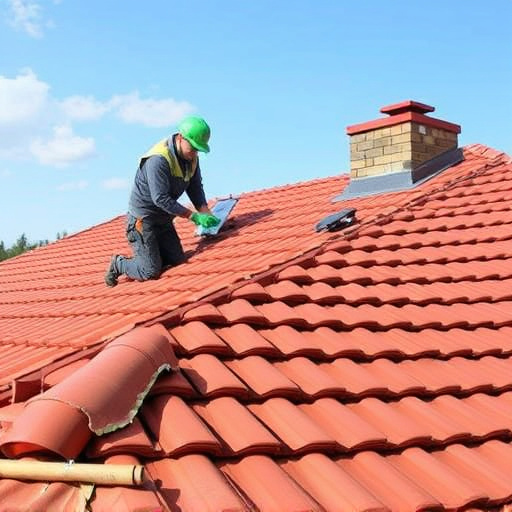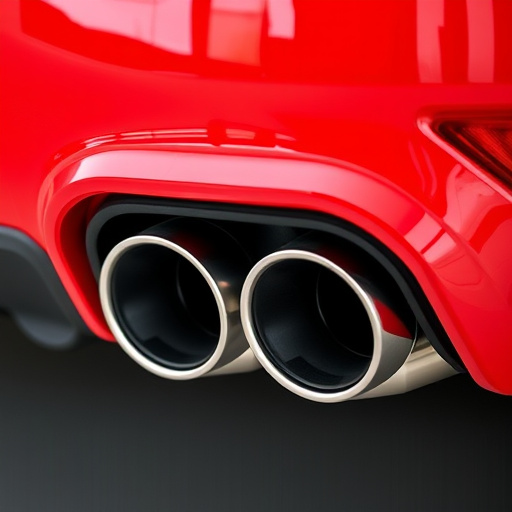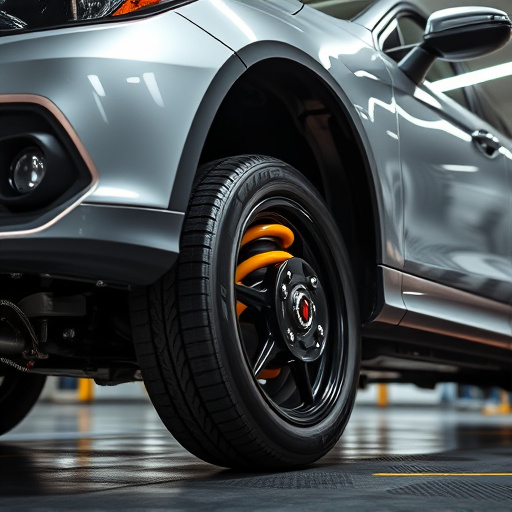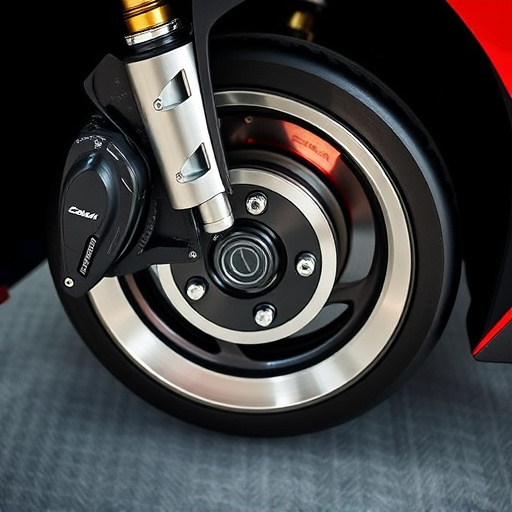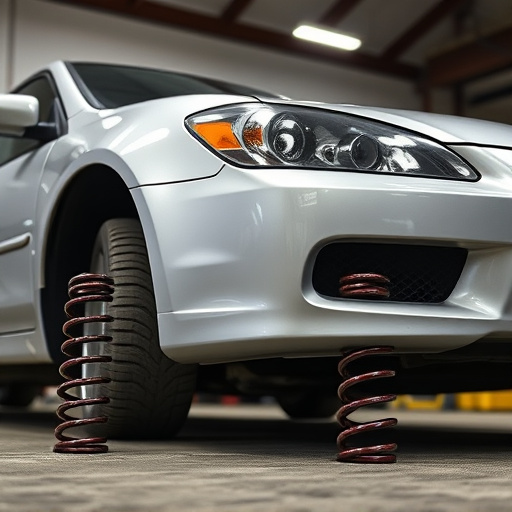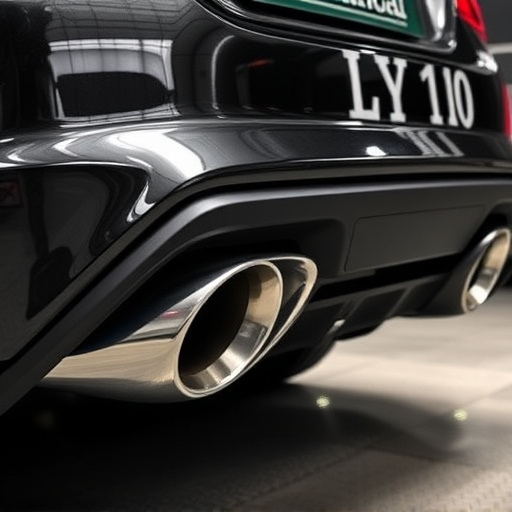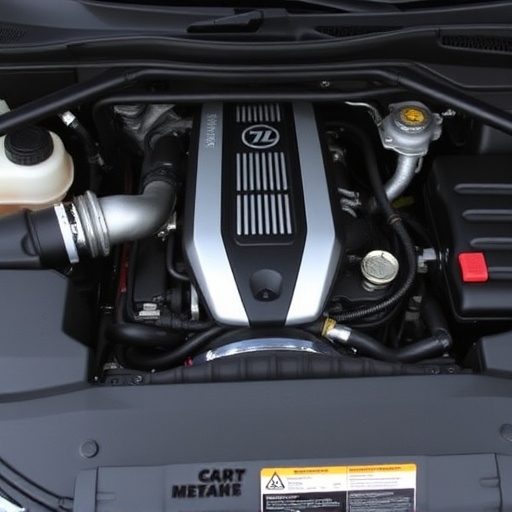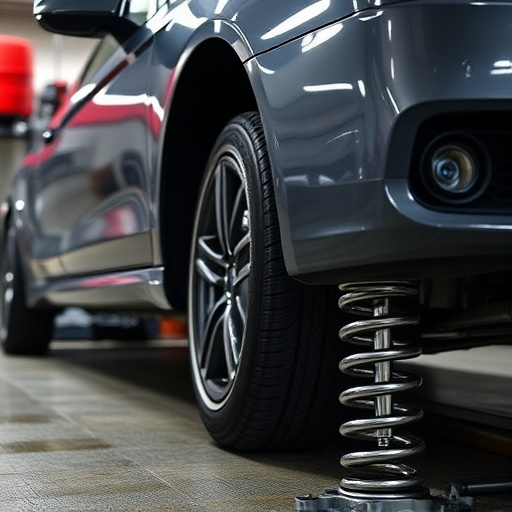Regular maintenance at an exhaust system shop is essential for vehicle safety and efficiency. These shops inspect and replace worn parts, preventing small issues from becoming major engine problems. Well-maintained exhaust systems optimize performance and fuel economy, while adhering to strict legal requirements and safety standards. Exhaust system shops must follow guidelines on ventilation, hazardous material management, PPE use, and safe disposal methods, ensuring compliance with environmental protection laws.
Maintaining your exhaust system is vital for both vehicle performance and safety. Regular care not only enhances efficiency, reducing fuel consumption and emissions, but also prevents costly repairs and ensures compliance with legal standards. This guide, tailored for exhaust system shops, covers everything from understanding the importance of maintenance to practical tools and procedures, preventive measures, and long-term care tips. Equip yourself with these insights to provide top-tier services and keep vehicles running smoothly on the road.
- Understanding the Importance of Regular Maintenance
- – The impact of well-maintained exhaust systems on vehicle performance and efficiency
- – Legal requirements and safety standards for exhaust system maintenance
Understanding the Importance of Regular Maintenance

Regular maintenance is paramount for any vehicle, but it’s especially crucial when it comes to the exhaust system. An exhaust system shop plays a vital role in ensuring your vehicle runs efficiently and safely. By keeping an eye on wear and tear, they can prevent small issues from becoming major problems that could compromise your car’s performance and safety. Regular check-ups allow for timely replacement of worn parts like brake rotors and intake components, which are essential for optimal engine function and fuel efficiency.
For example, performance brakes, a key part of the exhaust system, require regular attention to maintain their integrity. An exhaust shop can inspect these brakes for signs of corrosion or damage, ensuring they operate at peak condition. This proactive approach not only extends the life of your vehicle’s critical systems but also helps drivers avoid unexpected breakdowns and costly repairs down the line.
– The impact of well-maintained exhaust systems on vehicle performance and efficiency
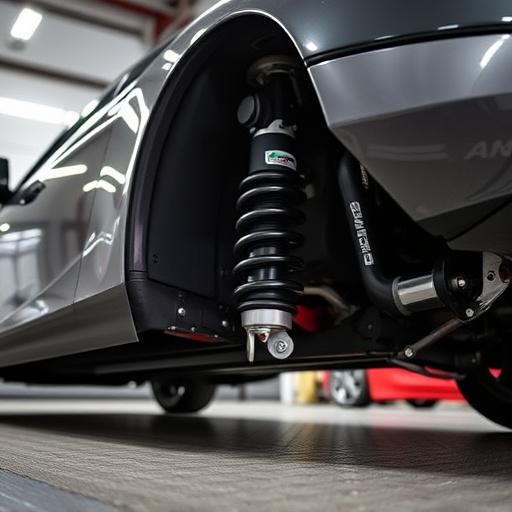
A well-maintained exhaust system is not just about reducing noise pollution; it plays a pivotal role in enhancing vehicle performance and efficiency. Exhaust system shops, with their expertise, ensure that every component—from the catalytic converter (cat back exhaust) to the muffler—operates at its optimal level. A properly functioning exhaust system facilitates smoother airflow, allowing engines to breathe more efficiently. This, in turn, leads to better combustion, resulting in increased horsepower and torque. Moreover, regular maintenance can prevent potential issues like backpressure, which could hinder engine performance and fuel economy.
By keeping the exhaust system clean and free from obstructions, these shops also contribute to improved fuel efficiency. Clogged or damaged parts can cause the engine to work harder, consuming more fuel than necessary. Air filter kits, a critical component often serviced by exhaust system shops, play a key role in this process. They ensure that only clean air enters the engine, maximizing combustion efficiency and thereby reducing overall fuel consumption. Thus, regular maintenance not only extends the lifespan of your vehicle’s exhaust system but also significantly impacts its performance and economic running.
– Legal requirements and safety standards for exhaust system maintenance
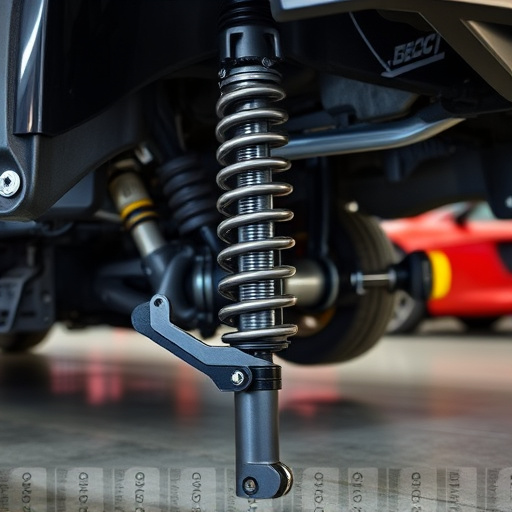
The legal requirements and safety standards for exhaust system maintenance are stringent to protect both workers and the environment. An exhaust system shop must adhere to specific guidelines when handling, installing, or repairing exhaust components. These regulations cover a wide range of aspects, from ensuring proper ventilation to managing hazardous materials responsibly. For instance, many jurisdictions require shops to employ personal protective equipment (PPE) such as gloves, goggles, and respirators for workers who handle hot parts or toxic gases.
Moreover, these standards often dictate the disposal methods for old exhaust components, especially those containing harmful substances like asbestos or lead. Regular safety inspections are also mandated to verify compliance with environmental protection laws. Additionally, maintaining proper documentation of training, certifications, and adherence to industry best practices is crucial to demonstrate a commitment to safety among exhaust system shop operations, ensuring both customer satisfaction and legal integrity.
Regular maintenance is key to keeping your vehicle’s exhaust system in top condition, ensuring both optimal performance and adherence to legal safety standards. By prioritizing routine checks and services from a reputable exhaust system shop, you can prevent costly repairs, improve fuel efficiency, and contribute to a safer driving experience. Don’t underestimate the importance of these proactive measures – it’s a small investment that goes a long way in maintaining your vehicle’s overall health and longevity.

